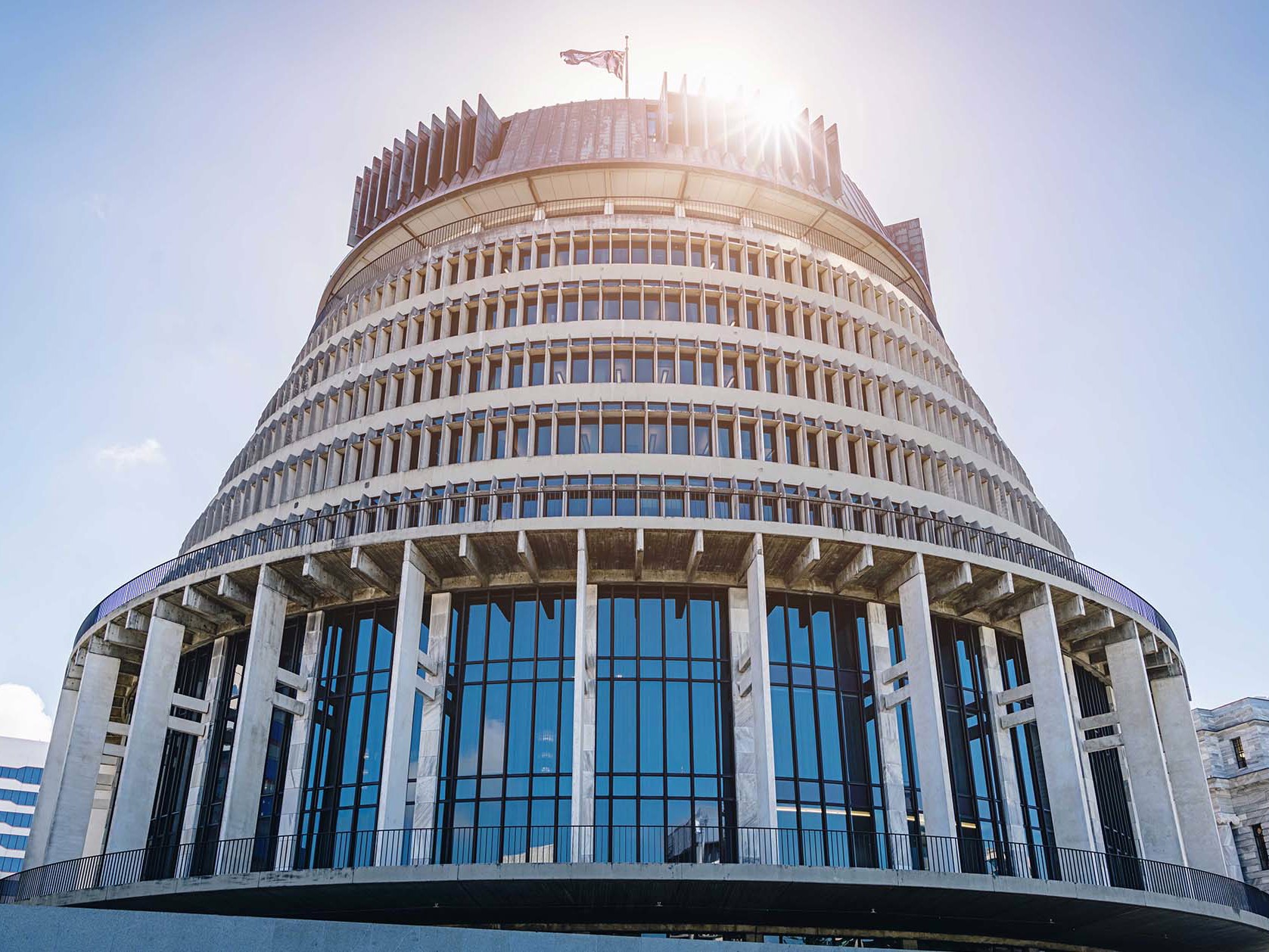The tax and visa policies proposed by the parties currently in Parliament reflect their key ideological differences, illustrated most clearly by the wealth taxes proposed by the Green Party and Te Pāti Māori.
Surprisingly, there is agreement between the National Party and the Labour Party on many fronts, as they will both:
- remove depreciation deductions for non-residential buildings;
- retain the top marginal tax rate of 39% for individuals earning more than $180,000;
- retain the 28% company tax rate;
- introduce the 39% tax rate for trustee income; and
- not remove the ring-fencing of losses incurred by residential landlords.
Of those, the National Party has been very quiet about introducing the 39% tax rate for trustee income, with nothing explicit in their tax policy document.
Also surprising is the lack of any detailed tax policy announcements by ACT and New Zealand First.
Special mentions for innovative policies go to Te Pāti Māori for the proposal to tax Ghost Houses, and to the National Party for the tax breaks offered to Digital Nomads:
- Ghost Houses: Te Pāti Māori proposals that all properties that do not have a tenant after a six month period will be taxed at a rate of 33% on the difference between the purchase price and the current market value of the property (including land and buildings).
- Digital Nomad Visa: the National Party proposes a 12-month visa to attract skilled mobile people to come to New Zealand while working remotely for an overseas-based company. In line with the international treatment of such visas, Digital Nomad’s will only be taxed in their home country and therefore will need to be tax exempt in New Zealand on their personal services income despite becoming tax resident.
Updated 22 September 2023 following further party policy announcements.






